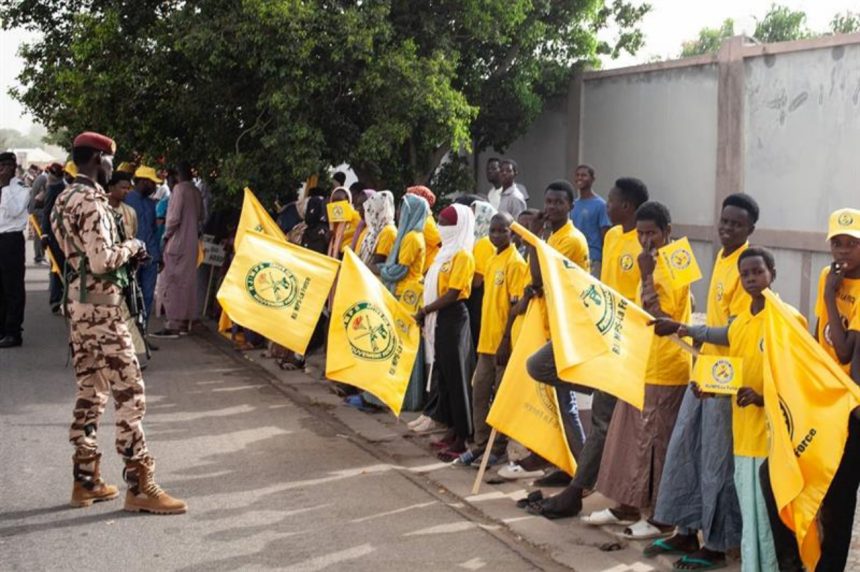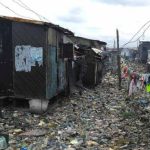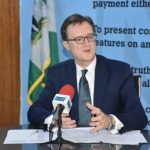Today, the citizens of Chad head to the polls to elect a new president, in what is being portrayed as a step towards ending military governance.
However, critics of the ruling junta, led by Mahamat Idriss Deby, view the election as rigged due to the suppression of dissent.
The electorate faces a choice between continuing the longstanding rule of the Deby family in this impoverished yet strategically significant nation in the Sahel, or selecting Deby’s Prime Minister, Succes Masra, who is criticized as a puppet in the absence of viable opposition.
Deby has confidently declared a “first-round victory” at his final rally, while Masra has equally assured his supporters of victory, proclaiming, “Chad will finally belong to you, the people.”
Human rights organizations internationally have cast doubt on the election’s integrity, citing the elimination and banning of key opposition figures, including the death of Deby’s main competitor.
Deby assumed the role of transitional leader in 2021 after his father, the long-serving President Idriss Deby Itno, was killed during a clash with insurgents.
Initially committing to an 18-month democratic transition, Deby later extended this period by two years.
Many opposition leaders have either been coerced into silence, exiled, or have allied with Deby, as the military junta has quashed civil society’s efforts to oppose the regime.
On October 20, 2022, security forces lethally confronted protestors challenging the extension of the transition, resulting in significant casualties among the youth, including members of Masra’s Transformers party.
Yaya Dillo Djerou, Deby’s cousin and a primary electoral contender, was reportedly killed by the military earlier this year.
Masra, having been forced to flee, returned to Chad and was appointed Prime Minister in January.
The remaining eight candidates, largely unknown or perceived as non-threatening to the regime, are not expected to garner substantial support.
The International Federation for Human Rights has expressed concerns about the election’s legitimacy, highlighting ongoing human rights abuses, including the assassination of Dillo.
The International Crisis Group has pointed out several issues casting doubt on the election’s credibility, such as the lack of transparency in vote tallying and the exclusion of ten candidates by the Constitutional Council in regions favoring Deby.
Despite skepticism surrounding Masra’s candidacy, some believe he may have genuine presidential aspirations.
Questions have been raised about the impartiality of Chad’s Constitutional Council and the National Election Management Agency.
With over 8.2 million registered voters, Chad, one of the least developed nations as per the UN, sees a new generation participating in the electoral process for the first time.
Polling stations across Chad’s expansive desert landscape are open from early morning until late afternoon, with the election results anticipated on May 21 and a potential runoff scheduled for June 22.





